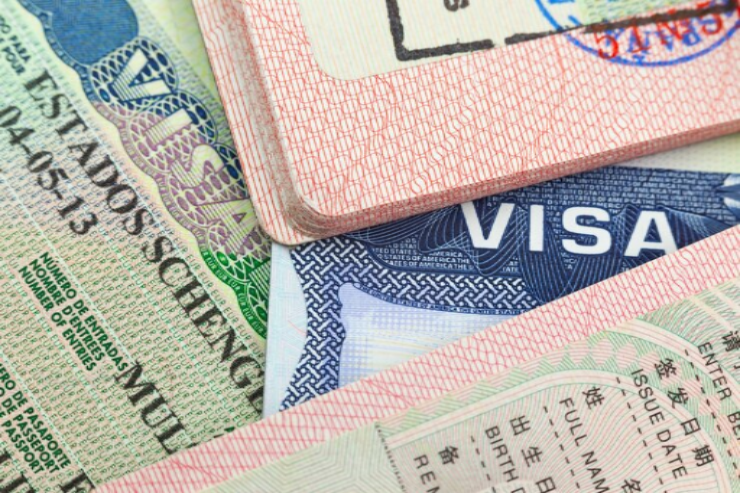


The proposed surge in Schengen visa fees, from €80 to €90, is expected to significantly impact the total expenditure for visa applications, surpassing €6 million.
If the European Commission’s draft proposal for a 12.5 percent hike in visa fees gets the green light, Pakistani nationals would confront a staggering €598,110 rise in Schengen visa expenses in 2024.
The draft outlines adjustments for regular and minor applicants, as well as for nationals from non-cooperating countries in the readmission process, who would encounter fees of €135 and €180 respectively.
However, extension visa application fees will remain steady at €30, and nationals from countries with existing visa facilitation agreements will be spared from these added charges.
In 2022, Pakistani visa applicants expended nearly €6.1 million, despite reduced application rates due to the aftermath of the COVID-19 pandemic. With the impending fee hike, costs for Schengen visa applications are set to surge even further.
Under the proposed modifications, fees for child applicants would elevate from €40 to €45, while nationals from non-cooperating countries would face heightened fees, escalating the total expenditure for Pakistani visas in 2024 to €6.9 million.
Considering the average monthly salary in Pakistan stands at €268, with a minimum wage of €67 and a maximum of €1,195, the proposed visa fees would pose a considerable financial burden, equating to approximately one-third of the monthly salary.
The EU Commission attributes the fee hike to inflation affecting third-country visa applicants in 2024.
In 2022, Spain, Germany, France, Italy, and the Netherlands garnered the highest number of visa applications from Pakistanis, accounting for 74.1 percent of all applications, totaling 56,436 requests.
Despite the high application rates, Pakistani nationals encounter significant rejection rates in certain EU countries, notably Sweden, where 74.7 percent of applicants face denial. Spain and Belgium also exhibit high rejection rates, at 36 and 38 percent respectively, while Greece, Italy, and Germany demonstrate comparatively higher approval rates for Pakistani applicants.